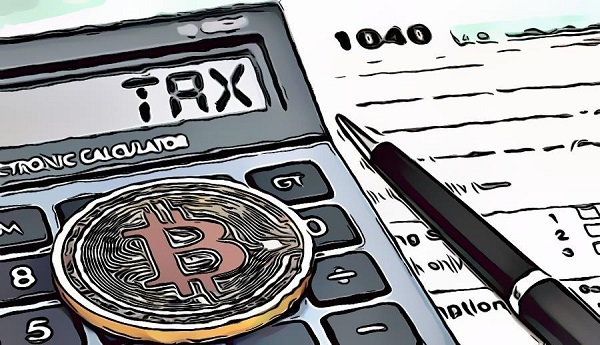The issue of crypto taxation has attracted a monumental crowd of opinions lately in the U.S. While the government believes turning to virtual currency as a means of payment could pose a threat to the economy in terms of taxation, regulators are working hard to ensure this emerging class of assets can fit the bill of a currency – like the traditional fiat currency.
Due to the controversies and blurry lines surrounding taxation and the crypto world, it is no news that some taxpayers willingly fail to report their income and virtual currency transactions. Thus, they are ‘exempting’ themselves from tax payment.
In a bid to rid the crypto community of the confusion surrounding tax payment, the Internal Revenue Service (IRS) has issued detailed guidelines, stating the do’s and don’ts of crypto taxation.
The two piece of guidance added to the Revenue Ruling from 2014, clearly showing what is expected of every cryptocurrency holder and investor when it comes to tax payment. With the new guidance ruling 2019-24, taxpayers are sure to better understand their reporting obligations for outlined transactions involving crypto assets.
In addition to the added guidance rules, the IRS also rolled out a 16 part frequently asked questions (FAQs) to further explain how crypto taxation should work going forward and the type of transactions that should be reported. The FAQs are expected to address some of the recurring questions on the lips of taxpayers and tax practitioners. They show a comprehensive step by step guide on how listing and taxation can be addressed in the crypto ecosystem.
The IRS acknowledges the struggles taxpayers may be facing and asserts that the tax agency is on top of the matter and will continue to make clarifications where needed.
Commenting on the recent development, the IRS Commissioner Chuck Rettig stated:
“the IRS is committed to helping taxpayers understand their tax obligations in this emerging area. The new guidance will help taxpayers and tax professionals better understand how longstanding tax principles apply in this rapidly changing environment. We want to help taxpayers understand the reporting requirements as well as take steps to ensure fair enforcement of the tax laws for those who don’t follow the rules.”
Furthermore, the IRS is taking drastic measures to ensure taxpayers – including those in the crypto community – are faithful in their payments. The IRS announced that it already initiated a program to mail educational letters to over 10,000 taxpayers – including those who may have reported and those who didn’t. Consequently, taxpayers who fail to comply with the new rules will be liable for tax penalties, interest and – in some cases – criminal prosecution.
This is indeed a welcoming development as it will greatly help to clarify the complex taxation issues surrounding the crypto ecosystem.






